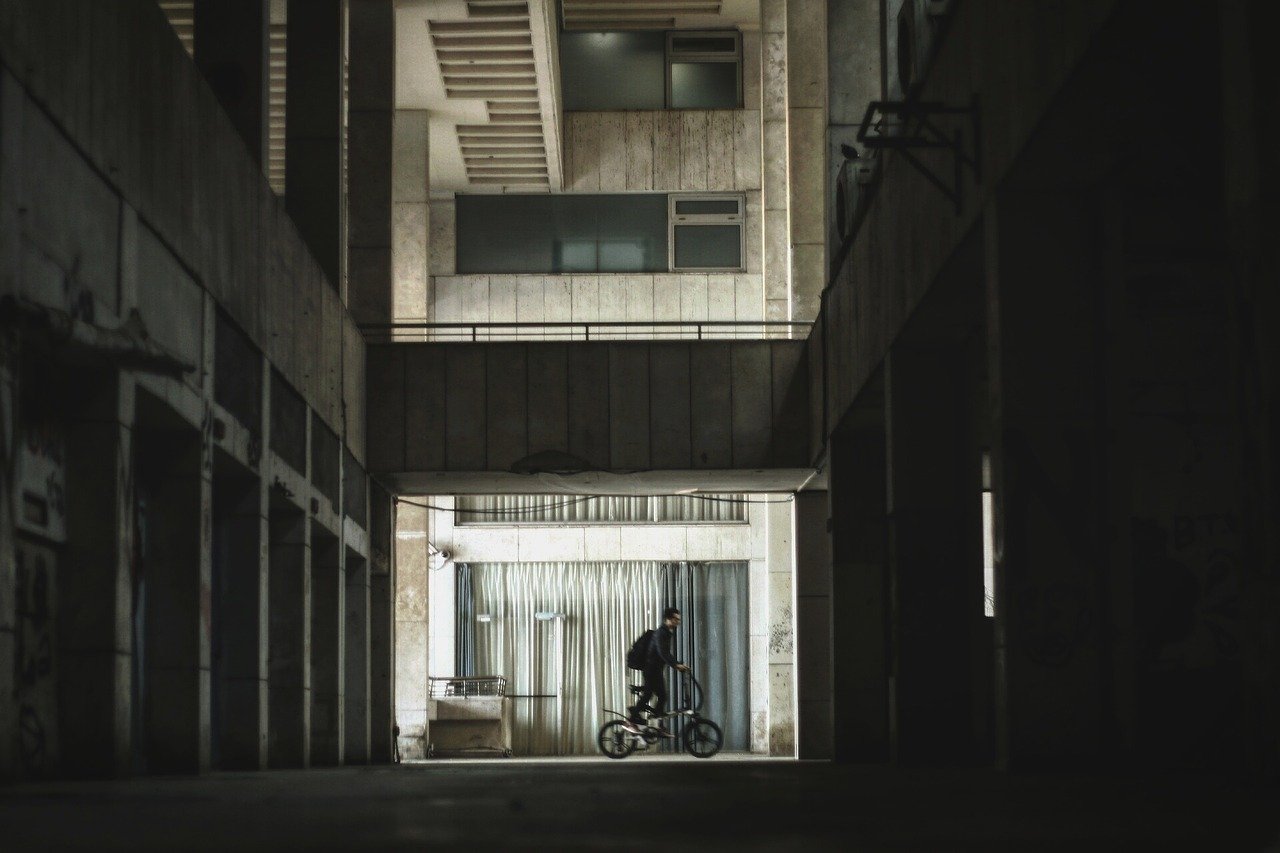
Coronavirus Lockdown Mutes Traffic Noise and new Soundscapes Rise
Due to the drop in road traffic during the COVID19 lockdown, many Europeans have started to realize that their cities can be much more breathable, peaceful and quiet. The European Environment Agency (EEA) has recently issued a report pointing out noise pollution as a major environmental problem that affects the health and well-being of millions of people in Europe. ECF talks with Eulalia Peris, the EEA Environmental noise expert, to understand which lessons can be learned from this exceptional and difficult time.
The worldwide pandemic of COVID19 has sadly locked most Europeans in their homes, while the frenetic activity of EU cities and roads have been curbing. As a result, the usual noisy soundscapes have given way to new melodies: birdsongs, people talking, etc. A quick search on Twitter for the phrase ‘birds are louder’ reveals that many people are experiencing a different kind of spring from their homes. Removing this habitual layer of urban noise, mainly produced by transportation sources, has even allowed seismologists to hear the earth better and detect mini seisms or study the activity of volcanoes better.
This may sound like a minor issue but more than 100 million people in Europe are exposed to long-term noise levels that are harmful to their health, according to the last EEA report on noise. Eulalia Peris, the EEA noise expert in charge of this study, explains that long-term exposure to the levels of noise observed in many urban areas “can cause health effects such as annoyance, sleep disturbance and heart problems”. In fact, according to some World Health Organization (WHO) findings, noise is the second largest environmental cause of health problems, just after the impact of air pollution.
“We have grown accustomed to unhealthy noise levels in cities because it was what we are used to hear every day”, Peris highlights to ECF. Now that we have experienced the powerful effect of simply reducing traffic across the city, there is a great opportunity to make people aware of the real impact of noise on our lives. However, this period of low noise pollution levels will have no real positive impact on our health if no long-term measures are adopted.
“For instance, the noise indicators used to assess the health effects linked to noise at the European level are based on averages over one full year because health effects appear due to prolonged exposures. Therefore, protection of the population from transportation noise will only be achieved by a long-term strategy on mobility and transportation systems”, said Eulalia Peris.
According to the EEA expert, it will be difficult to achieve a significant reduction of people exposed to harmful noise levels “unless the number of cars in the streets is reduced”. Many effective measures, like installing low noise asphalt on roads, have been used so far to mitigate air and noise pollution in Europe, but none like these days without traffic have had such a positive impact.
This again suggests that a reduction of motorised vehicles in cities must be the policy makers' top priority to reduce noise pollution. In the same direction, if we want a reduction of traffic flows this will require incentivising active travel (walking, cycling) and public transportation. Switching from using the car to cycling has great potential benefits for both noise and air pollution. Given that 75% of trips in the EU are shorter than 10 km, there is a huge potential for e-bikes to provide a low-noise, low-pollution alternative to cars.
During the coronavirus crisis, the bicycle has risen as one of the safest means of transportation recommended by the authorities. Many cities have already started to improve infrastructure for cyclists and incentivize cycling city policies during these days. This is a significant step that should prompt a reshaping of the urban mobility system once the pandemic is over. This is why ECF has launched ‘Cycling Beyond the Crisis’, a platform to gather all the current facts, initiatives and insights that could lead to reset European mobility and economy once we've beaten the COVID19.
Regions:
News category:
Topics:
Contact the author
Recent news!
Upcoming events
Contact Us
Avenue des Arts, 7-8
Postal address: Rue de la Charité, 22
1210 Brussels, Belgium









